Desert Spaces and Transitions
"Transitions" By Susanne Irving
By Susanne Irving
Susanne Irving is a Sacred Circle facilitator and artist from the U.K.
Here, she shares her artwork and poem as an invitation to reflect on our own desert spaces during transitional times.
Desert
The desert can feel hostile, even menacing.
It seems empty and devoid of life.
The desert slows you down.
You can no longer run from place to place.
The desert exposes your heart and soul.
There is nowhere left to hide.
Your footprints reveal every step you have taken.
You now must face who you are and who you have become.
The desert forces you to reduce your luggage.
You will not have the strength to carry excess baggage.
You learn to focus on what is essential:
the difference between needs and wants.
The desert helps you to see where you have been bent out of shape.
You notice if your shoes no longer fit,
and when your load is digging into your shoulders.
You must stop and tend to your blisters and wounds.
The desert magnifies heaven:
you realize that you are not the Lord of this universe.
God's whispers no longer get lost among the other voices,
clamouring for your attention.
The desert is not empty,
just free from distractions.
The desert can be your friend rather than your foe.
Green pastures will come if you keep on walking. . .
I started writing about desert experiences in 2001. I cannot remember why I initially wrote the poem, but the challenges I faced back then—carrying excess baggage, getting easily distracted, chasing wants, and soldiering on when situations are no longer life-giving—still crop up in my life and need to be addressed regularly. When a season is draining, I also need the reminder that desert experiences are finite and offer growth opportunities.
The painting I paired with the poem is called “Transition.” It started off as a painting about a wet October day in 2020, but ultimately became a painting about coping with planned and unplanned life changes. Back then, we were preparing for a second lockdown in England, and I was contemplating retiring from my paid employment as a counsellor after 16 years.
I usually work fast and do not leave a lot of space in my paintings or in my life. The painting process taught me a different way of being: embracing emptiness, leaving sufficient margin, slowing down, going with the flow, accepting the present and looking for something to celebrate.
What can desert experiences and major transitions teach us, even years down the line? I find the lessons to be relevant even on ordinary days. You can rush from activity to activity or you can slow down and notice the nuances of your experiences at a given moment. Acknowledge moments of transition. The Hebrew word translated “desert” can also mean a “solitary place.” Deliberately choose to spend time in the desert–your solitary place–and practice solitude and silence.
You can find Susanne's paintings here and her art and poem booklet here.


